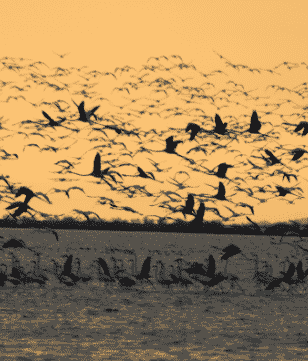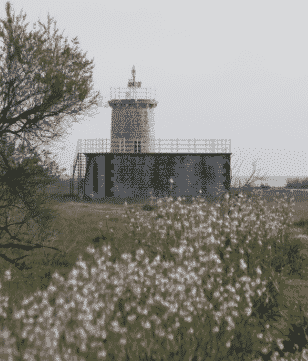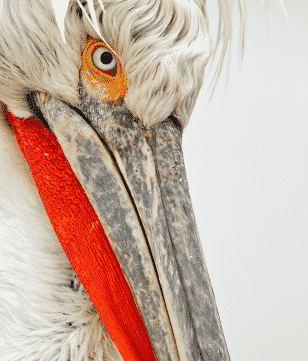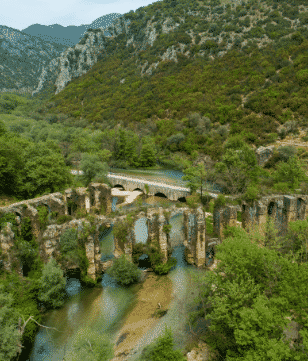Wetlands
Wetlands are locations where fresh, brackish or salty water is concentrated under permanent or occasional conditions. Several areas where water is stored can be considered as wetlands, such as marshes, swamps, estuaries, lagoons, even and salt marshes. Nowadays, scientific progress in several environmental issues revealed that wetlands should be considered worldwide as areas of great ecological and economic value. Therefore, they are protected by international conventions (Ramsar Convention), EU Directives and national legislations.
Wetlands are locations of great biological interest, where many species of fauna (mainly birds) seek for food, rest and breed. Multiple environmental values result from their operation; they serve as water reservoirs (groundwater and surface water) by contributing to the enrichment of the aquifer. Furthermore, they improve water quality, by trapping sediments and retaining debris. Wetlands are able to control several flooding phenomena, by storing gradually flood waters. Thus they contribute to the normalization of overflows and the reduction of corrosive phenomena. Additionally, they act as temperature controllers of coastal regions, since they absorb great amounts of carbon dioxide while they store and release heat.
Beyond their ecological values, wetlands include multiple direct benefits to society. Specifically, wetlands necessity for producing drinking water, becomes higher due to the over pumping of ground water sources and the continuous salinization. Moreover, in semi-arid or arid areas, the presence of wetlands can enhance the irrigation of farmland. They can also be an ideal place for fishing and farming activities. Lagoons, with proper use and management, are able to produce sufficient quantities of vendible fishes; they offer great advantages such as adequacy of breeding sites, free movement of fish populations and protected areas for their hibernation. Several wetland riparian areas are ideal for grazing animals for a long period during the year, thus supporting the development of local livestock farming. In addition, wetlands offer to people a unique environment for entertainment and ecotourism, as well as an appropriate field of scientific research and education.
Wetlands are subject to a number of threats for their maintenance; most of them rise from humans such as the deposition of untreated wastewaters, pumping excessive quantities of water for irrigation, continuous construction of drainage and land reclamation projects, livestock overgrazing, overfishing, uncontrolled and illegal hunting.






